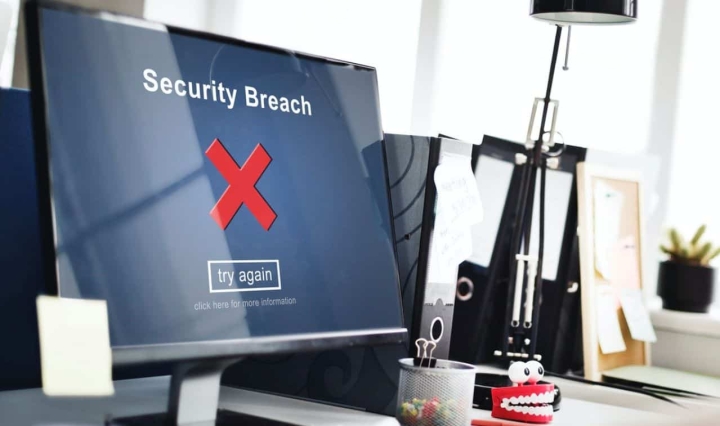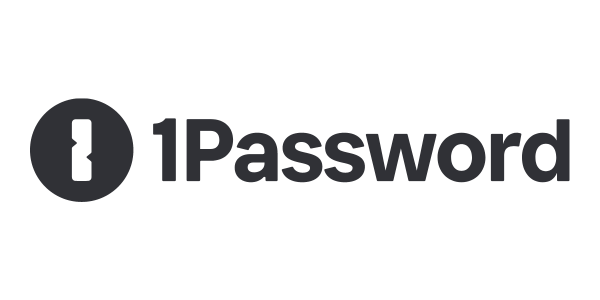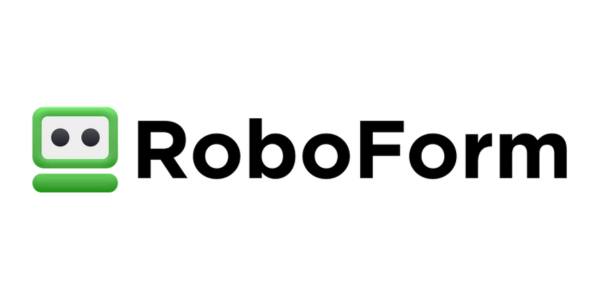 Data breaches are scary! Not only do they cost small- and medium-sized enterprises (SMEs) around $86,500 per breach, but they can also significantly damage a company’s reputation, cause operational disruptions, and sometimes may even come with legal ramifications. In fact, 60% of affected SMEs shut down within six months of a cyberattack. But, what is a data breach anyway?
Data breaches are scary! Not only do they cost small- and medium-sized enterprises (SMEs) around $86,500 per breach, but they can also significantly damage a company’s reputation, cause operational disruptions, and sometimes may even come with legal ramifications. In fact, 60% of affected SMEs shut down within six months of a cyberattack. But, what is a data breach anyway?
A data breach happens when information security is compromised, resulting in sensitive information being exploited. In other words, it’s when an individual exposes, views, copies, or uses unauthorized information. Small businesses are more at risk because they’re less likely to invest in top-notch security systems. Still, all companies can be a hacking target, regardless of their size.
It goes without saying that special care should be taken when storing sensitive information, especially when it comes to personal data. That’s why it’s essential to stick to the following best practices:
Email Security Software
With 90% of malware coming from email, this is still the preferred way for hackers to sneak into your company’s system. While phishing might be the most popular type of cyberattack among hackers, your computer can also get malware by downloading an infected attachment. So, it’s essential to get appropriate software to protect you from these scams. That’s where internet security suites come in: they scan your computer for all kinds of malware or viruses and check your inbox to make sure everything is safe. Meanwhile, some email services offer a bit more protection by matching the emails you get with their up-to-date phishing databases.
Back up Your Data Often
Around 30% of malware incidents are ransomware, which is a type of malware that locks you out of your computer (or server) until you pay a hefty ransom. The best way to recover all of your information without paying a dime is by regularly backing up your data through a reliable backup service. This way, even if your business gets infected by ransomware, you can just format your computer and restore all the information. Keep in mind that this solution is only to be used in a worst-case scenario, as the hacker may have copied your data onto their own computer.
Use Up-To-Date Software
When a program offers an update, it can mean that something in the software wasn’t working correctly. Most times, this means that the developers have found a weak spot in the code that hackers can exploit. The moment this update comes out, individuals can easily check what was fixed and then target companies that haven’t updated their software. More importantly, your security software must be updated at all times, as antiviruses and similar apps are constantly updating their virus and malware databases.

Encrypt Your Data
Encrypting your data is essential to ensure hackers can’t access sensitive information even if they steal it. The most popular software for this is a VPN, which secures data while in transit, such as when accessing a website or sending a file via email. However, you also need to encrypt your stored data. If you use an internal network, this means having an offline encryption solution. On the other hand, if your business has all of its information on the cloud, make sure you’re using a service that takes security seriously.
Use a Password Manager
There’s one thing that allows hackers to access your business data without having to resort to malware, and that’s guessing an employee’s password. Shockingly, the most used password in 2020 was ‘123456’. Combine that with most people using the same password for everything, and you can see how easily a hacker can exploit someone’s account.
Passwords need to be long, random, and have all types of characters, letters, and numbers. They should also be unique for each account. Of course, no human brain can remember all those different complex passwords – that’s where password managers can help. Password managers generate complex passwords in just one click, allow users to safely store them in vaults, and can autofill passwords automatically. In short, they provide both security and convenience.
Train Your Employees
You can invest in all the security software you want, but it will be for nothing if you don’t train your employees. Make sure everyone is on the same page when it comes to using strong and unique passwords, detecting phishing emails, and other security best practices. Only this way can you effectively mitigate the risk of a data breach.
Best Password Managers of 2024
| Rank | Provider | Info | Visit |
1
|
Editor's Choice 2024
|
|
|
2
|
 |
|
|
|
3
|
|
Get the Best Deals on Password Managers
Subscribe to our monthly newsletter to get the best deals, free trials and discounts on password managers.

Share Your Comment